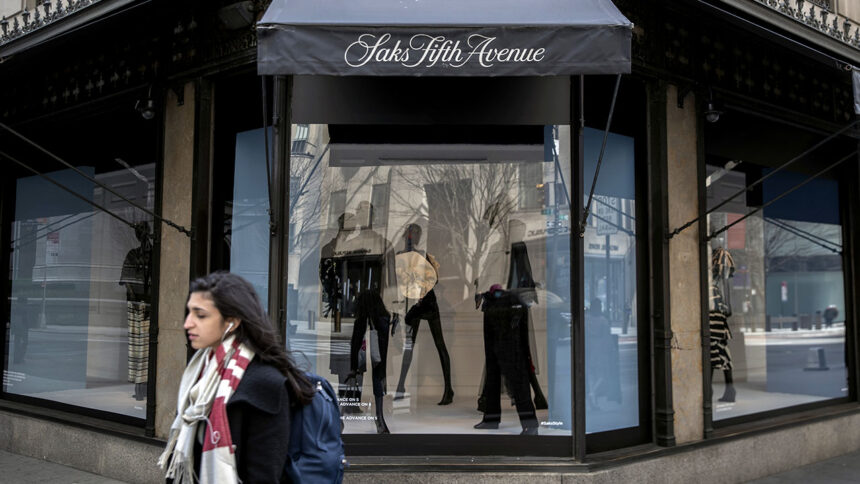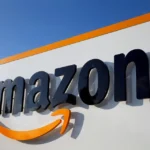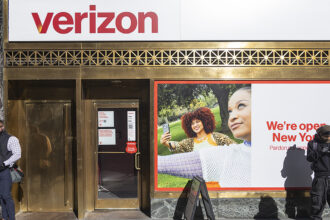Saks could be the next department store to seek relief in bankruptcy court amid growing liquidity challenges.
Saks Global Enterprises, the parent corporation of Saks Fifth Avenue, Saks OFF 5TH, Neiman Marcus, and Bergdorf Goodman, is weighing a Chapter 11 bankruptcy filing as they contend with mounting debt, people familiar with the matter told Bloomberg. This decision comes as the retailer is facing a more than $100 million debt payment due at the end of December, the people said.
The company has been exploring emergency financing options and may sell some of its assets to strengthen cash reserves, but its last resort will be to file for bankruptcy, the people said.
SAKS FIFTH AVENUE SHUTTING DOWN SAN FRANCISCO LOCATION AFTER NEARLY 45 YEARS
Recently, some Saks lenders also held confidential talks to assess the company’s cash needs, which included discussions about a potential debtor-in-possession loan, which is a form of bankruptcy funding, other people familiar with the matter told the outlet.
Additionally, on Tuesday, reports began circulating that CEO Marc Metrick may also be preparing to step down.
FOX Business reached out to Saks for comment.
SAKS OWNER TO BUY NEIMAN MARCUS — WITH HELP FROM AMAZON
Metrick took the helm in December 2024 when Saks Global finalized its $2.7 billion acquisition of Neiman Marcus Group. Under the terms of the deal, Saks Global added Neiman Marcus and Bergdorf Goodman to its portfolio and appointed Metrick to lead the Saks Global Operating Group, which includes Saks Fifth Avenue and Saks OFF 5TH.
At the time, Saks Global Executive Chairman Richard Baker said the deal “created an unparalleled multi-brand luxury portfolio with tremendous growth potential.”
SAKS OFF 5TH CLOSING STORES ACROSS MULTIPLE STATES
But it has been seeking to alleviate financial pressures ever since. Over the past year, Saks cut hundreds of jobs and shuttered stores and corporate offices. In fact, Saks Fifth Avenue, along with Saks Off 5th and Hudson’s Bay stores, also closed the majority of its locations in the Canadian market, according to Retail Insider.
It will continue closing stores next year as well. For instance, it’s already planning to close certain Saks OFF 5TH stores starting in early 2026 as part of a broader effort to “optimize” its store presence.
In September, reports surfaced that it was even exploring the sale of a minority stake, about 49%, in Bergdorf Goodman for about $1 billion. People familiar with the matter told The Wall Street Journal that there had been at least four potential bidders, with a potential deal coming as early as next year.













